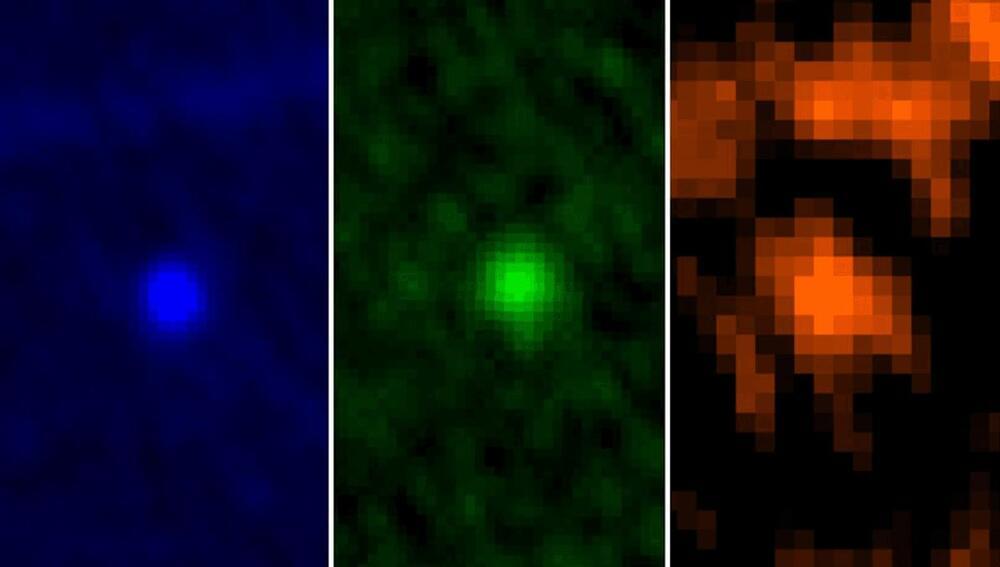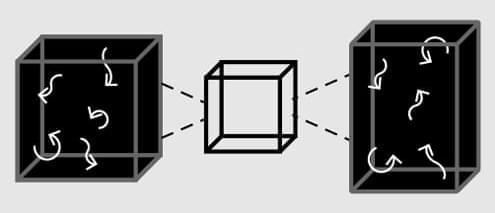Gain a deep understanding of the intricate interconnections within technological, economic, societal, biomedical, and environmental systems by earning a Master of Science degree in Complex Systems Science. https://asuonline.asu.edu/online-degr…
Hey remember that time you waved at a stranger who was actually waving at someone behind you? The universe can, at least in its own way. If you thought gravitational waves were wild, just wait until you hear about this thing called gravitational memory.
Hosted by: Niba @NotesbyNiba (she/her)
———
Support us for $8/month on Patreon and keep SciShow going!
/ scishow.
Or support us directly: https://complexly.com/support.
Join our SciShow email list to get the latest news and highlights:
https://mailchi.mp/scishow/email.
———
Huge thanks go to the following Patreon supporters for helping us keep SciShow free for everyone forever: Odditeas, Garrett Galloway, DrakoEsper, Kenny Wilson, J. Copen, Friso, Lyndsay Brown, Jeremy Mattern, Jaap Westera, Rizwan Kassim, Harrison Mills, Christoph Schwanke, Jeffrey Mckishen, Eric Jensen, Chris Mackey, Adam Brainard, Ash, You too can be a nice person, Piya Shedden, charles george, Alex Hackman, Kevin Knupp, Chris Peters, Kevin Bealer, Jason A Saslow.
———
Looking for SciShow elsewhere on the internet?
SciShow Tangents Podcast: https://scishow-tangents.simplecast.com/
TikTok: / scishow.
Twitter: / scishow.
Instagram: / thescishow.
Facebook: / scishow.






